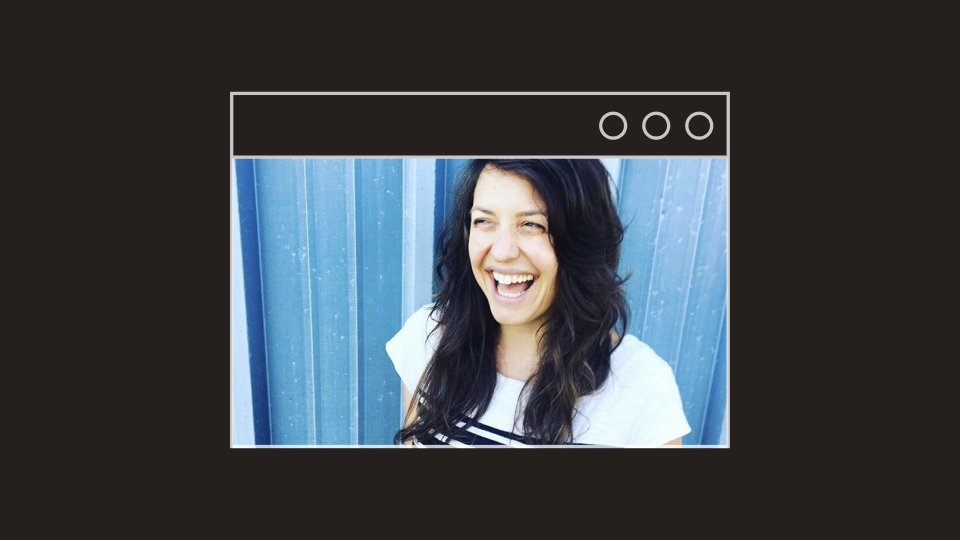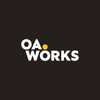An interview with the Scholcomm Librarian behind ShareYourPaper.org
This month, we released ShareYourPaper.org for Libraries. Leila Sterman co-designed ShareYourPaper.org and the version for libraries as the Scholarly Communication Librarian and an Assistant Professor at Montana State University Library. As 2020 came to an end, Jake Orlowitz caught up with her.
How did you get started in librarianship? What's your current role?
It was a meandering path to scholcomm. I decided I wanted to be a librarian after earning a graduate degree in political science. I did a lot of backpacking. Then I decided I wanted to get a graduate degree that would let me learn forever, as part of my job. And, librarianship won out.
When I got to library school, I thought I would work with children, but I wound up simultaneously on the academic track. So I was showing up to academic sessions with picture books. It gave me a really broad foundation. I interned at Columbia with the repository librarian, and it seemed like the most interesting position at the time. It ended up being a really great experience—getting to catalogue but also be in a room with all these cool people doing cool stuff—and I got really excited about repository work. This was in 2012, when Orchid got their millionth user and Altmetrics was just being invented. I graduated, and I took a job in children's librarianship in Chappaqua, New York, and it was so fun—sitting on the floor blowing bubbles and reading books to kids—but I knew I couldn't do that forever.
Montana State hired me based on my internship. They set up a DSpace repository for me and said, "Make this happen." Once the repository got figured out, I had the broad capacity to just build the rest of my job. My whole job is what I think we should be doing here. It's a pretty awesome position.

How did you end up working on Shareyourpaper.org?
I first became aware of Open Access Button through the OpenCon Librarian calls. I was a new-ish scholcomm librarian and was the only scholcomm librarian in the state—super isolated. Those calls were really, really nice, as I was trying to figure out what kind of services to offer.
I attended OpenCon in Berlin and bumped into Joe at 1:30 a.m. during Karaoke. People are singing and drunk—and I didn't know him personally—but he was looking for serious feedback at the party. I had something to say, and he listened, seriously. And that was dedication. That was a highlight for me, and it made me feel like Joe was someone worth spending serious time with.
Back home, we started talking about ShareYourPaper (though it didn't have that name yet). At MSU, I’d built a lightweight metadata capture system, and we started talking about what that means and what it's good for—what problems it could solve. ShareYourPaper seems to have just "fallen" out of that, as a way to solve that problem and ones like it.
What did you learn about repositories while building ShareYourPaper.org?
One thing that I learned was how risk assessment in terms of copyright is so different from library to library and repository to repository. I knew I had a broader or more idealistic interpretation about copyright and permissions licensing, and there are a lot of libraries who are much more conservative in their assessment—either because they know a lot or they don't know enough.
The amount of metadata that people add to repositories surprised me, and I remain curious as to how effective and beneficial that work is. Something that was solidified for me about repositories was that we use the same language like we're doing the same thing, but often our processes vary among tools (or not tools), and we’re coming at things from different ways. Libraryland is full of surveys, but what sounds the same can be not the same thing at all. That was a little scary, and a little exciting.
It's pretty progressive to test something like that on your own institution; what makes you more likely to experiment?
Montana State is a pretty small R1 university, so I tend to think of us as "scrappy." We do a lot, but a lot of it is high-commitment, low-budget work. That's what we can do. Even though the library is very small, we have a lot of people who are committed to trying new things, and there's a culture of building tools to solve problems, even if they don't necessarily work. There's a lot of support for trying new things, which I know is not necessarily every library. Our dean, Kenning Arlitsch, sees the importance of repositories, and that works in my favor. I feel pretty lucky to be in a spot where I can try new things and they can be celebrated and supported.
I feel pretty strongly about green open access. And, as an optimistic but detail-oriented librarian, I liked seeing how things worked in publisher policies. The stupid limitations in policies get me worked up, maybe more than my peers, because I think they're a structural situation that inhibits the flow of knowledge. So I am interested in finding a way to solve that problem, just for the fairness of it, because we shouldn't have to work this hard to share information.
What was the biggest challenge building ShareYourPaper.org?
The hardest parts: 1) how to describe enough without describing too much—the line between getting stuff done and sharing a fuller story about advocacy—how much do people need to know before they can act—where is that line; 2) figuring out what we can legally scale, and what people will be comfortable with us scaling. Making one-off judgements into machine-actionable tasks is a huge and scary activity. It means making sure our assumptions are really grounded in as much fact and precedent as we can.
What's it been like to partner with the Open Access Button?
So far almost everything where I've thought "Hey wouldn't that be cool" has happened or is in process. And that's not the way things normally work. The attitude that OAB projects out—helpful, friendly, engaging persona—is true, and that makes it all work better. The kind of help that it looks like you're going to get, is actually what happens.
A personal anecdote: a year ago I learned that Joe likes to glue ceramics back together with gold (Kintsugi), and I feel that I got kintsugi'ed. Working in scholarly communication can be discouraging—it feels like trying to put the pieces of a system together while publishers and ingrained scholarly practices pull them apart. Having a project that worked and gave me purpose and made something better out of something broken...that's how I encapsulate our partnership. I'm pleased to learn that is a pattern, not an accident.
You are going on maternity leave soon. What information access wish do you have for the next generation?
The biggest thing I hope is that people don’t have to think about this stuff. As much as SYP is super useful—what if we didn't have to do this and people could just have the information that they wanted? What if people didn't have to fight against the commodification of research that my tax dollars pay for? What if everything was just free and easy to find?
Thank you to the Arcadia Fund and Libraries for generously supporting our work.

